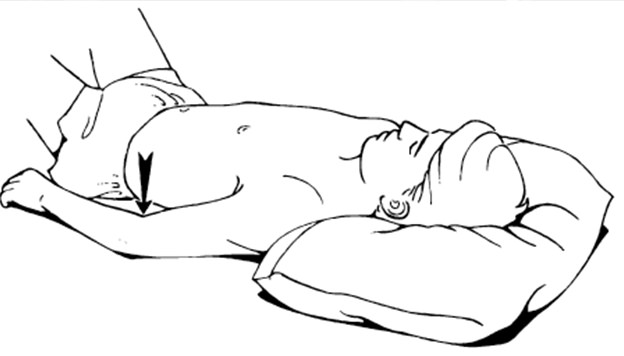Whether you know it or not, you have a pelvic floor. These are supportive muscles at the base of your pelvis that help with bowel and bladder function, and support of your other organs in the area (like your reproductive organs).
The pelvic floor is incredibly important to your core. Recently, we’ve been discussing other elements of your inner core, such as your transverse abdominis and diaphragm. When these muscles and others nearby are activated, the pressure in your abdominal cavity can get as high as 1,500 pounds per square inch, greater than 100 times the normal pressure when at rest. If that pressure gets too high – and especially if you lack a strong pelvic floor – it can force part of your intestines or bladder to painfully rupture through into places they’re not supposed to be going, which we call a hernia. A weak pelvic floor can play a part in incontinence as well, and some other not-so-great conditions.
Luckily, these problems can generally be avoided and the pelvic floor re-strengthened. You’ve probably heard of Kegels. While it is not a good idea to start and stop your urine regularly (for various reasons) or to frequently do Kegel exercises when you have a full bladder, they are otherwise safe and effective for strengthening your pelvic floor. When doing these regularly, these can and should be done without having to use the bathroom.
Lying on your back, tighten all and only the muscles you would use to stop going to the bathroom, both for peeing and pooping. You can do each of these muscles individually if doing both at once is too difficult. Monitor the muscle inside your hipbone; you should not feel this muscle rise to the ceiling. Hold this for 5 seconds, and repeat 20 times. Try 2 sets per day.

These shouldn’t cause any pain, so reach out to us if you experience any! Also, if you’re post-pregnancy and have any difficulties with this exercise, we sincerely recommend that you come in for an evaluation with us if at all possible. Sometimes pregnancy can cause significant tightness or weakness of the pelvic floor muscles in ways that make Kegels inappropriate until other exercises and treatments have been done to carefully lower the tension of the pelvic floor back to normal, along with other ways to still simultaneously strengthen it. Pelvic floor treatments are one of our areas of expertise, and we have equipment to help visualize and very accurately measure the health of your pelvic floor.
Are you experiencing pelvic discomfort?
Our pelvic health specialists are committed to the application of evidence-based treatment techniques to ensure you experience the best in rehabilitation and preventative care and see progress with every visit.

